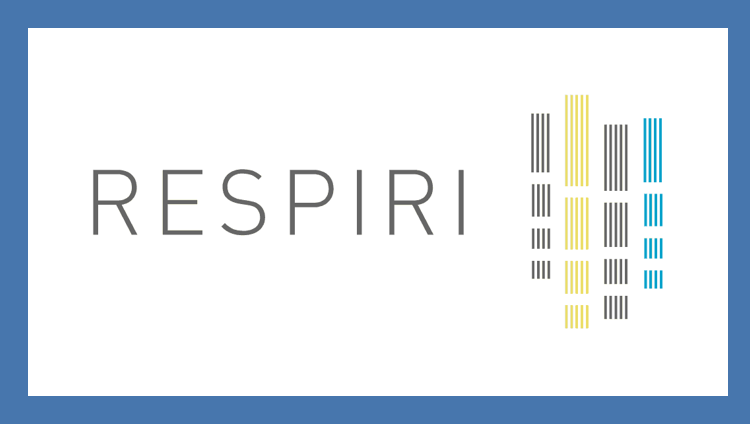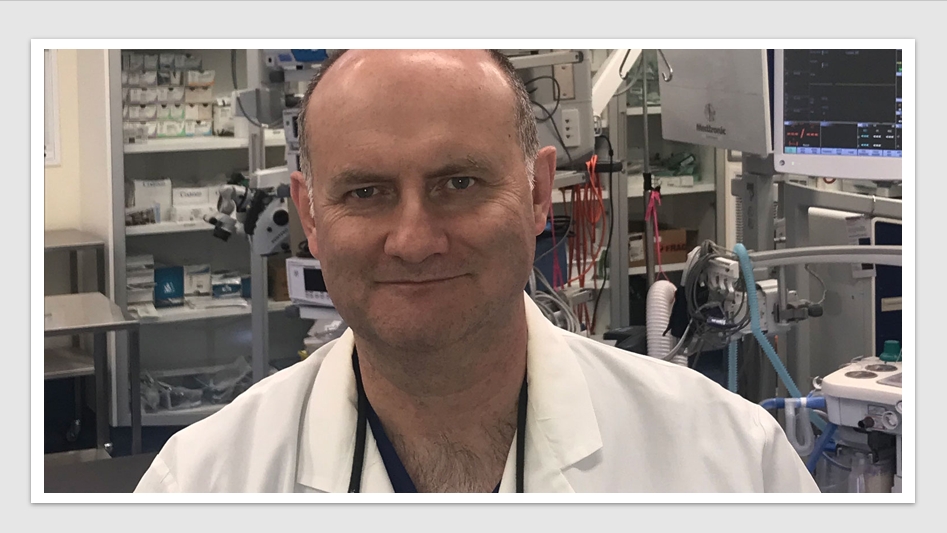News & Trends - MedTech & Diagnostics
Respiri to launch remote patient monitoring asthma trial in Australia

MedTech News: Respiri is following up on its milestone medical device approval in the United States with a pilot telehealth trial in Australia that could serve as the basis for an American launch model.
Respiri is teaming with leading Sydney-based respiratory physician Dr Kevin Chan to provide a world-class telehealth service for patients with moderate to severe persistent asthma using the company’s wheezo wheeze-detecting device.
Patients will pay a premium monthly Product as a Service fee to access the programme and have Dr Chan and Resprii’s Connected Care Nurse team regularly review their data.
“I have many patients come and see me, describing their wheeze and other respiratory symptoms that happened weeks prior, which does not paint an accurate or complete picture of the patient’s respiratory condition,” Dr Chan says.
“Through remote digital monitoring and Connected Care consults, I expect to be in a much better position to understand the patient’s progress on a day-to-day basis. This is particularly important for patients with poor asthma control.”
Dr Chan says asthma is one of the most common conditions he treats at his practices. He’s based at Campbelltown Hospital and Sydney Adventist Hospital, Wahroonga.
The programme will also form the basis for the patient model Respiri intends to launch in the United States, taking advantage of Remote Patient Monitoring Current Procedural Terminology (CPT) billing codes under which Respiri or its partners can charge US doctors monthly Product as a Service fees of $US30 to $US40 per patient each month.
“This program represents a fantastic opportunity to trial wheezo with PaaS fee-paying patients in a clinical setting and will allow us to use real-world data to establish a scalable patient pathway that aims to improve the lives of asthma sufferers across Australia,” says Respiri chief executive Marjan Mikel.
“And very importantly, it will provide us with the basis of the patient model and programme for the US prescription/reimbursement market.”
The programme will be launched in April. Respiri plans to scale it to include other respiratory physicians and also create a potential corporate health respiratory offering for other employers and companies.
Asthma costs Australia $28 billion a year in healthcare costs and lost productivity. Respiri’s handheld wheezo device, which connects to smartphones via Bluetooth, could be a game-changer in helping asthma sufferers better manage their disease.
News & Trends - MedTech & Diagnostics

Roche Diagnostics MD bids farewell after two-decades, leading the organisation to new heights of success
Diagnostics & MedTech News: The Managing Director of Roche Diagnostics Australia, Allison Rossiter, has announced her resignation, effective September 2024. […]
MoreNews & Trends - Pharmaceuticals

Is Australia ready to play a leading role in precision nuclear medicines?
Pharma News: A newly released discussion paper unveils Australia’s preparedness to take the helm in the rise of the global […]
MoreNews & Trends - MedTech & Diagnostics

Minimally invasive procedure a first in epilepsy treatment
MedTech & Diagnostics News: A new MRI guided and minimally invasive surgery has marked an Australian-first procedure for the treatment […]
MoreNews & Trends - Pharmaceuticals

Stakeholders unite in international call to tackle breast cancer gaps and inequities
Pharma News: Breast Cancer Network Australia (BCNA) has united in an international call to raise breast cancer care standards and […]
More